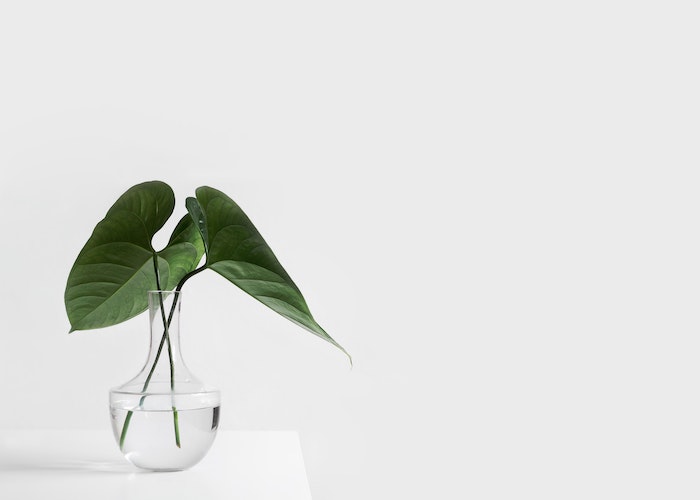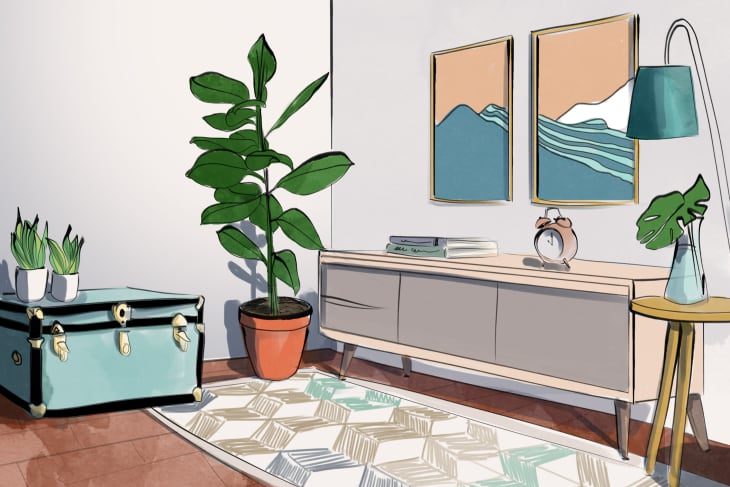Discover the Conveniences of Embracing Minimalism in Your Daily Routine
Discover the Conveniences of Embracing Minimalism in Your Daily Routine
Blog Article
Understanding Minimalism: Methods for Minimizing Mess and Enhancing Clarity in Everyday Living
Minimalism is significantly identified as a practical approach to improving clearness and focus in today's cluttered globe. By methodically examining our belongings and prioritizing intentionality, we can create spaces that not only mirror our values however likewise promote mental wellness. Employing approaches such as the "Four-Box" technique can assist in a much more organized environment, yet the true difficulty hinges on cultivating a minimal frame of mind that sustains these initiatives. Exploring the nuances of this ideology may expose unexpected insights right into just how you can transform your life. What might you discover when you embrace this willful simplicity?
Defining Minimalism and Its Advantages
Defining minimalism entails understanding it as a way of living selection that stresses simplicity and intentionality in both physical possessions and everyday routines. At its core, minimalism encourages individuals to prioritize what really matters, permitting for a much more purposeful and focused presence. By stripping away the non-essential, minimalism welcomes individuals to involve deeply with their experiences and environments.
The benefits of embracing a minimalist strategy are diverse. Firstly, it cultivates psychological clarity, as minimizing mess in one's setting can lead to lowered distractions and anxiety. When bordered by less properties, individuals commonly report improved focus and improved performance. Secondly, minimalism promotes financial flexibility; by focusing on needs over wants, people can make even more enlightened purchasing choices, causing possible savings and reduced financial debt. A minimalist way of life can yield psychological advantages, as it encourages individuals to grow appreciation for what they have rather than yearning for extra.
Ultimately, minimalism is not simply regarding worldly decrease yet includes a holistic shift in perspective, promoting a life defined by fulfillment, function, and equilibrium. Welcoming this lifestyle can result in profound modifications in exactly how people regard and engage with the globe around them.
Analyzing Your Present Clutter
Mess usually materializes as a frustrating build-up of products that no more serve an objective, developing an obstacle to achieving a minimalist way of living. To successfully examine your present clutter, it is vital to adopt an organized method. Begin by determining the areas in your home that really feel overwhelming or chaotic. Make note of certain groups of products, such as clothes, publications, or kitchenware, as this will certainly aid you comprehend the scope of the mess.

In addition, think about the frequency of usage for each product. It may be a candidate for removal if something has actually not offered a function in the past year. This evaluation will not only clarify your connection with your belongings yet will certainly also establish the structure for reliable decluttering in the future. Inevitably, understanding your existing clutter is an important step toward accepting minimalism and boosting clarity in your day-to-day living.

Practical Decluttering Techniques
Having actually analyzed your existing clutter, the following step is to execute useful decluttering strategies that promote a more arranged living room. Minimalism. One reliable approach is the "Four-Box" technique, where you assign 4 boxes labeled: keep, donate, trash, and relocate. This technique encourages fast decision-making and guarantees products view are categorized suitably
One more method is the "One in, One out" regulation, which states that for every new thing obtained, an existing product has to be gotten rid of. This concept aids keep equilibrium and prevents build-up in time. Furthermore, think about the "30-Day Minimalism Game," where you get rid of one item on the very first day, 2 on the second, and so forth, cumulatively promoting a feeling of accomplishment.
Limit yourself to a details number of valued things, enabling you to value their value without overwhelming your area. By using these techniques, you can develop an extra effective and peaceful living space, eventually boosting quality in your day-to-day life.
Developing Intentional Rooms
Creating deliberate areas entails a thoughtful method to just how we layout and organize our environments, guaranteeing each area serves a specific objective and shows our worths. This method is important in growing a sense of quality and objective in our day-to-days live. By critically assessing the feature of each area, we can get rid of diversions and boost our total well-being.
To create intentional areas, start by identifying the primary tasks that will take place in each location. A home workplace should be created to foster performance, incorporating components such as ample lighting, comfortable furnishings, and minimal distractions. In comparison, a leisure area must promote serenity, featuring calming shades and comfy seating.
In addition, consider the psychological effect of your environments (Minimalism). Including personal products that resonate with your worths, such as artwork or plants, can improve the connection to your space. Routinely review these atmospheres to guarantee they continue to offer their designated her comment is here purpose as your demands evolve
Inevitably, creating deliberate areas has to do with making aware choices that line up with your lifestyle, advertising consistency and performance in your living and working atmospheres.
Maintaining a Minimalist State Of Mind
Accepting a minimal way of thinking calls for recurring representation and intentionality in our thoughts and actions. Establish aside time to evaluate your commitments, properties, and also digital content, ensuring they straighten with your core concepts.
This change in perspective motivates appreciation for simpleness, boosting overall health. Incorporating mindfulness methods, such as reflection or journaling, can further strengthen a minimalist state of mind by advertising clarity and reducing mental mess.
Furthermore, establish borders to secure your time and power. Learn to state no to non-essential obligations and interruptions that do not add to your personal development. Surround yourself with similar individuals that support your minimal journey, as shared values can enhance motivation and responsibility.
Conclusion
In conclusion, accepting minimalism uses substantial benefits, including minimized clutter and boosted clarity in day-to-day life. The concepts of minimalism offer as beneficial tools for cultivating an environment that sustains individual development and wellness.

Additionally, take into consideration the "30-Day Minimalism Game," where you eliminate one item on the first day, 2 on the 2nd, and so forth, cumulatively cultivating a feeling of achievement.
In conclusion, accepting minimalism uses considerable advantages, consisting of minimized mess and boosted clearness home in day-to-day life.
Report this page